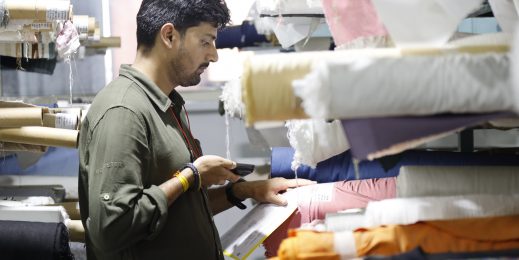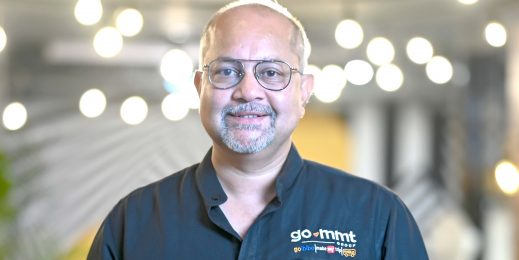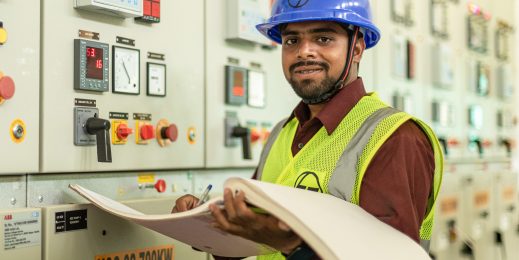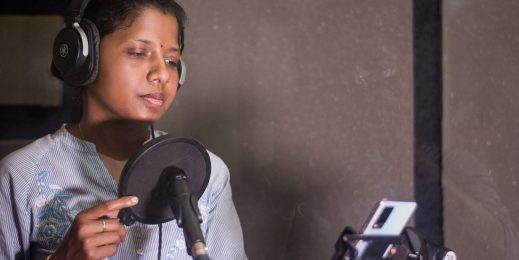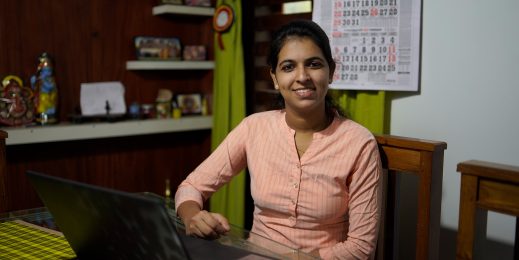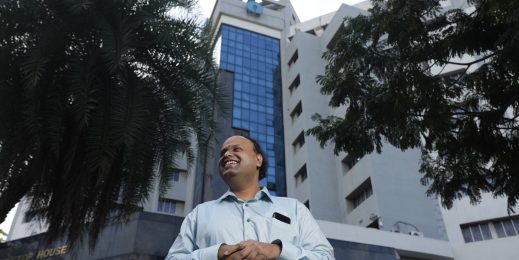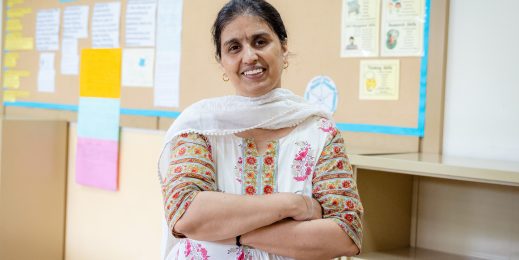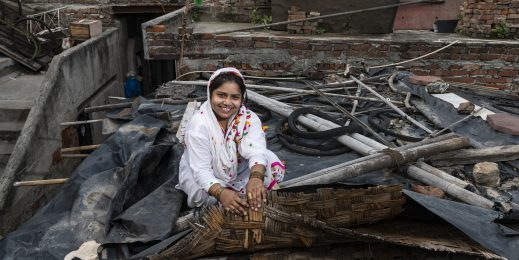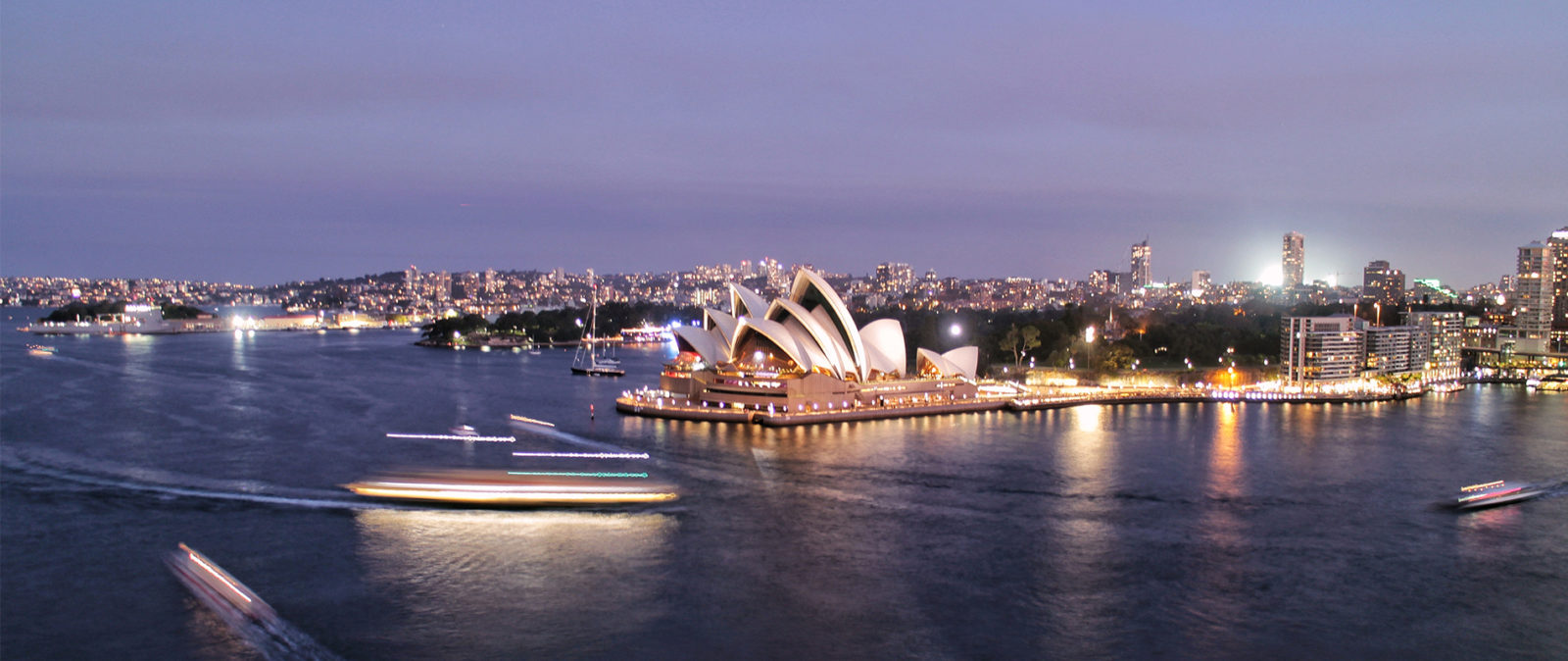
2019 Imagine Cup Asia finals
Meet the students representing India at the 2019 Imagine Cup Asia finals
Every year, Imagine Cup empowers computer science students to use their innovative ideas to create applications that solve some of the world’s toughest challenges. This year is no exception, with hundreds of teams from 17 Asian countries submitting their projects. Three teams from India are among the 12 to compete at the Asia finals that takes place in Sydney on February 12. The winners not only stand a chance to win over USD 20,000 in prizes but also a coveted spot in the 2019 Imagine Cup World Championship in May.
Let’s meet the teams from India.
Alpha India: Identifying packaged food contents with AR
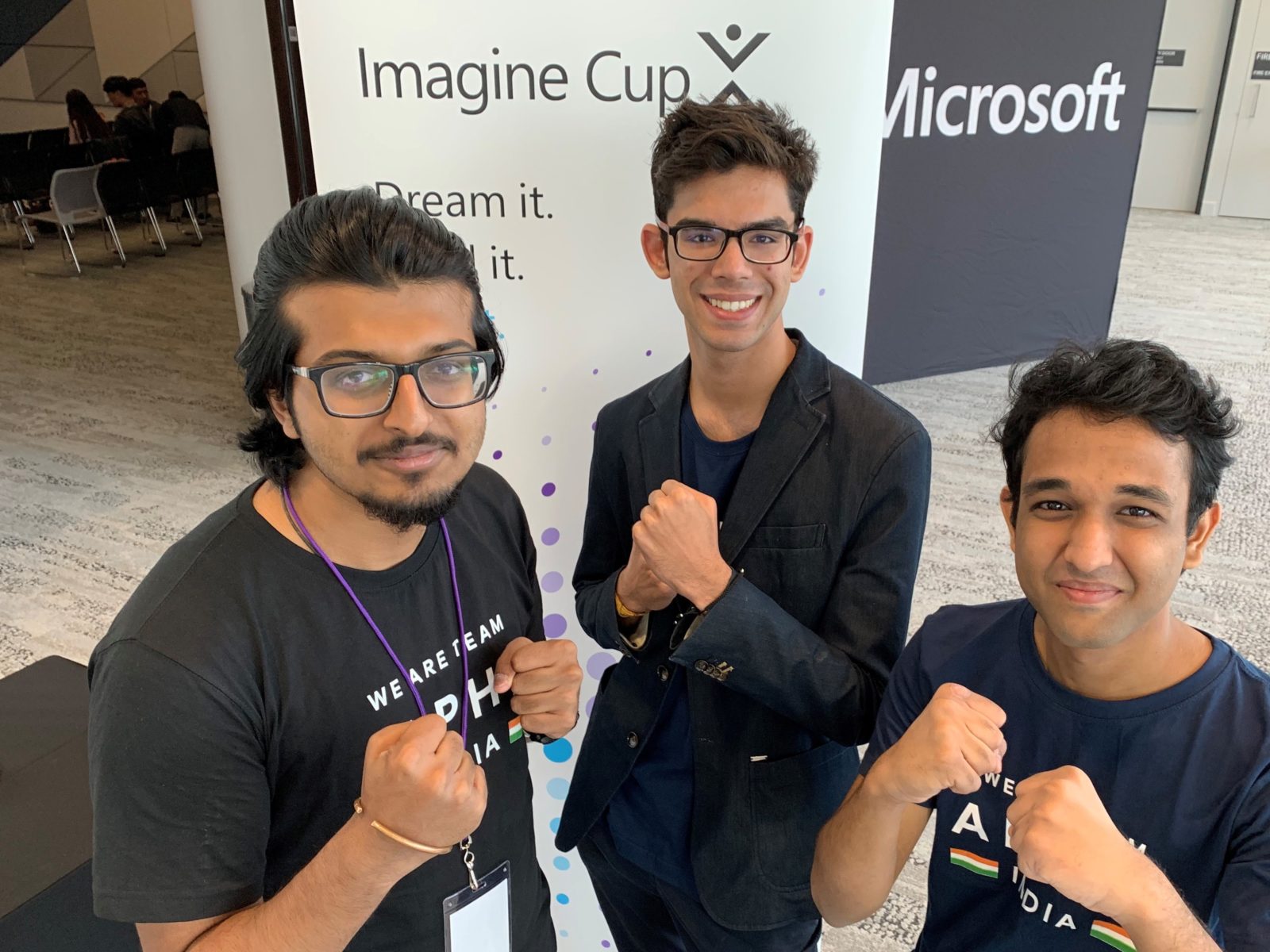
How many times have you picked up packaged food and failed to understand what it contains? Or bought food without realizing it had ingredients you are allergic?
If team Alpha India, led by Ansh Mehra, Swaransh Mittal, and Hemant Kumar – third year Computer Science students from Vellore Institute of Technology, Vellore, has its way, their app will soon help identify the exact contents of packaged food items and help everyone make informed, healthy choices.
Mehra and his teammates noticed how difficult it was for anyone traveling to another country to purchase packaged food. First, because one is not familiar with the local food. Second, as the information on the packaging is mainly in foreign languages. This triggered the creation of Spot, an app that provides real-time product analysis in Augmented Reality (AR) for promoting healthy choices.
Spot can scan food items in supermarkets and identify the contents of food products and filter them as per your preferences. It also allows you to compare products, a feature unavailable in offline shopping. For instance, if you are diabetic, it issues a warning if you choose a high sugar content product.
“We want to change the way consumers purchase goods. AR is not just for playing games or entertainment, we want to transform the traditional retail shopping experience with the technology of the future,” says Mehra.
Mehra and Mittal were selected to compete at hackHarvard 2018. Back then, all they had was a basic idea of integrating AR with retail stores. That’s when one of the judges from Microsoft told them that their idea had immense potential and they should aim for the 2019 Imagine Cup.
“We had never heard about Imagine Cup before, but after returning back to India, Ansh and I realized that this is one of the most amazing and innovative tech events on the planet. We immediately called Hemant and decided to take our project to Imagine Cup,” reveals Mittal.
Making it to the regional finals is the biggest thing that has happened to the team. They are the first ones from their college to have achieved this feat and their excitement is insurmountable.
“It is very important for us engineers to explore what is happening beyond our world. And Microsoft is exposing us to various ideas on a global scale. It is fascinating to see how teams are using the same software to develop millions of diverse products and solutions. The exposure that Imagine Cup is giving us is amazing,” Kumar sums up.
Team RV Safe: Bringing cloud and AI to help rescue
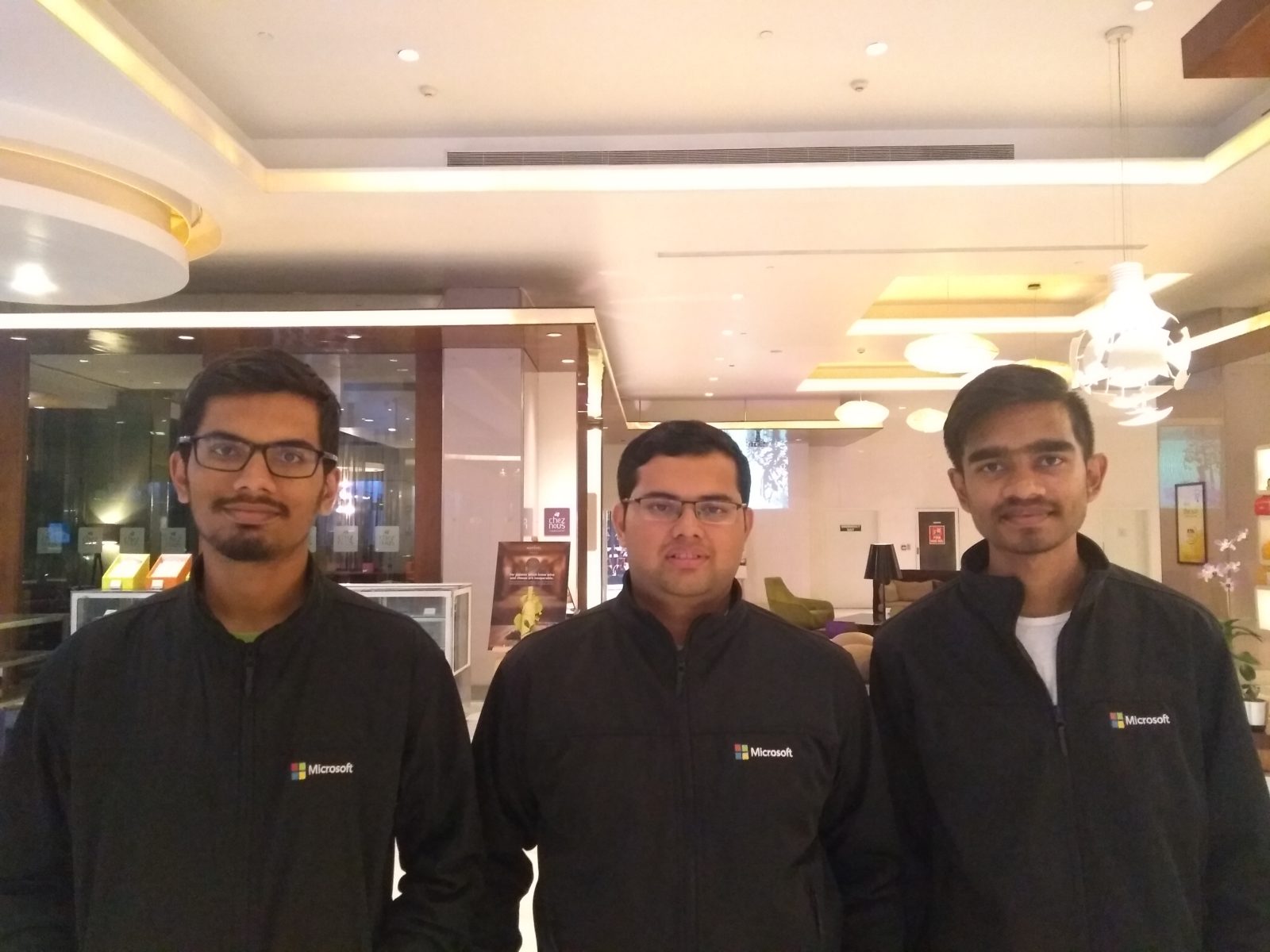
Shubham Phal, Yatish HR, and Suhas Hebur Eshwar had just stepped into their third year of Bachelor’s in Computer Science at R. V. College of Engineering, Bengaluru, when the state of Kerala in India was hit with one of the worst floods of the century. As they researched further, they found that during natural disasters various stakeholders work in silos and there is no unified platform for them to come together, connect, coordinate, and build synergies. Neither is there a concrete way to know whether people are safe or to locate missing people or to ensure rescue measures reached all the disaster-struck areas optimally.
This led the trio to build a solution to empower people during disasters with RVSAFE (read ‘Are we safe’), a combination of an Azure-powered Android app and an online platform.
The team identified six major stakeholder groups – victims, rescuers, NGOs, volunteers, weather agencies and people who wish to help. They created RVSAFE as a scalable platform to effectively bring together all the stakeholders and help coordinate their activities during a disaster.
Using machine learning and crowdsourcing, the app notifies affected people about safe and unsafe zones around them, relief camps nearby, and how soon rescuers may reach them. People can upload pictures and the app using Azure Cognitive Services scans them for demographic analytics to assess the number of people, the number of kids and elderly who have been affected. This is used to help rescue operations to ensure maximum people are reached in minimum time.
“We aim to address the complex problem of disaster management effectively using Azure services. The more we think about RVSAFE, the more we believe that it has the potential to become the next big social platform. A platform that can empower the lives of billions,” exclaims Phal.
They are inspired by the trio from their college that won the USD 15,000 Big Data award last year at the Imagine Cup world championship. They participated and won at Code.fun.do++, an immersive online challenge spread over four weeks where students work under the guidance of Microsoft mentors, which qualified them to take part in the 2019 Imagine Cup.
“We feel the potential of our idea to solve world problems is being recognized by the global community. Being at Imagine Cup is a milestone in our journey towards helping humanity and we are thankful to Microsoft for all its support,” says Eshwar.
The team now looks forward to building their project into a full-scale product and shipping it to disaster-prone zones all over the world.
Caeli: AI to enable respiratory patients to breathe freely
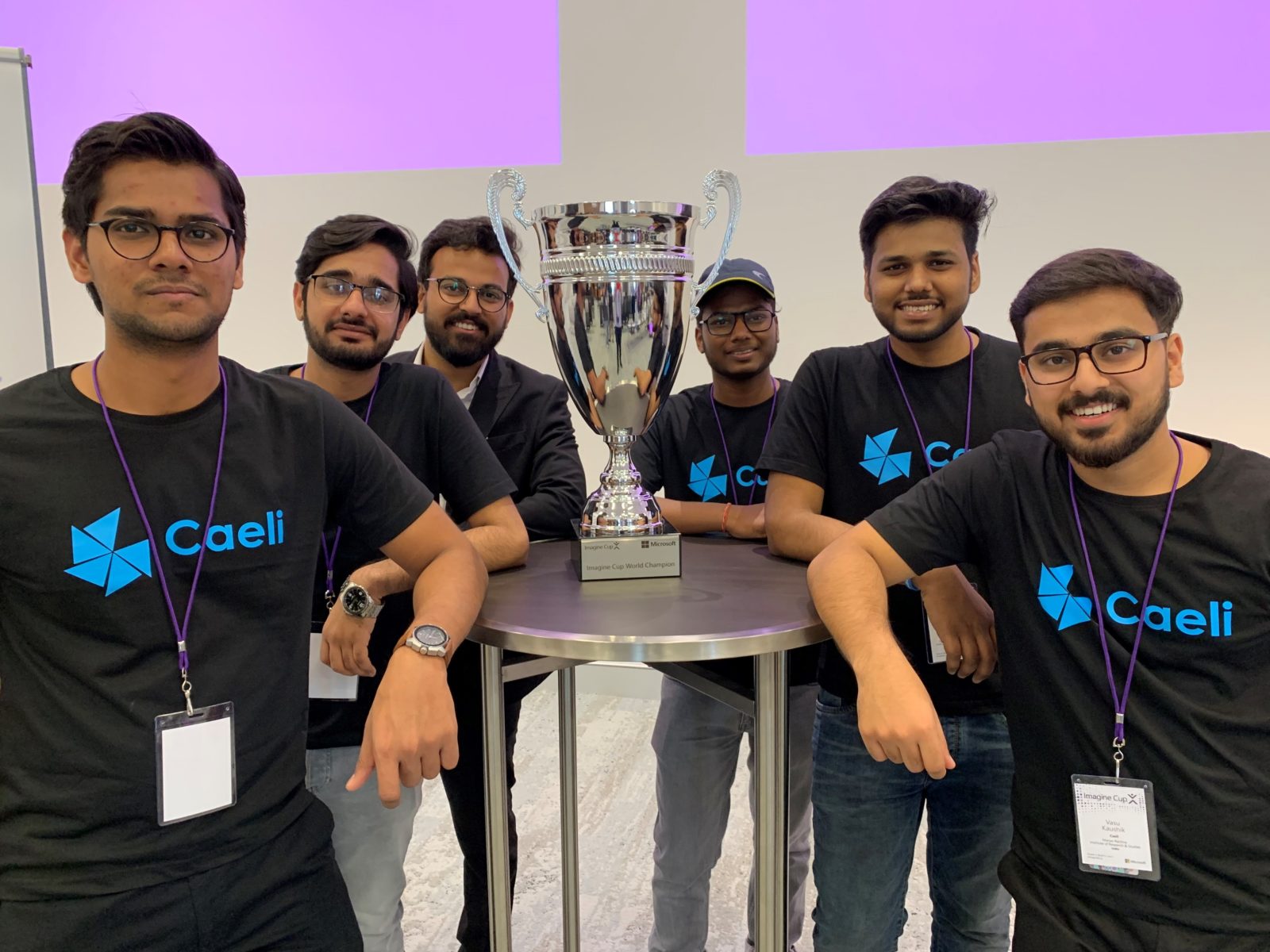
Hailing from Delhi which is known for its poor air quality, Aakash Bhadana is no stranger to pollution. The poor air quality often made him wonder how people suffering from Asthma survived in these conditions.
Concerned with the situation, Bhadana and his friends, Vasu Kaushik and Bharat Sundal, third year students at Manav Rachna Institute of Research and Studies, Faridabad came together to develop Caeli – the world’s first smart automated anti-pollution and drug delivery mask specifically designed for asthmatic and chronic respiratory patients.
“We have been working on this project for the past one year. While it began as a research project on air pollution, soon after we decided to develop it as a product to help all those patients who are suffering from respiratory issues and need it the most,” says Bhadana.
Unlike bulky nebulizers that cannot be carried around, Caeli is a sleek, portable, easy-to-fit-inside-your-pocket nebulizer and a customized mask. Once you download the app on your phone, using Bluetooth you can pair the nebulizer. Drug doses can be scheduled through the app. In case of breathing difficulties, the app allows you to switch on the intelligent mode that provides instant relief drugs. The app also monitors air quality around you in real-time and helps you choose the least polluted route to travel from one place to another.
“Caeli works on multi-disciplinary technologies and makes effective use of hardware capabilities and software intelligence. The device usage and sensor data is processed on the Azure platform,” discloses Sundal.
Being at the Imagine Cup has given the team a boost and they are confident that their product will be able to alleviate many people of their breathing problems. Going ahead, they are looking at directly selling their product online as well as offline and also partnering with hospitals so it can be directly recommended to patients. The team has already applied for a patent for their product through the university.
Heading to the Asia Regional Finals
The three teams will compete for over $20,000 in prizes on February 12, in Sydney, Australia and the winners will move forward to the 2019 Imagine Cup World Championship to be held in May.
They will not only showcase their projects for a chance to advance further in the Imagine Cup World Championship, but also interact with the global tech community, gain hands-on interactive training and learn about the latest developer tools and cloud technologies.






